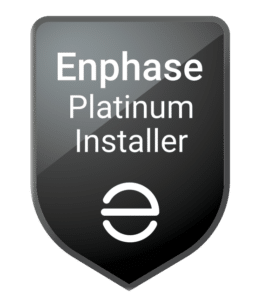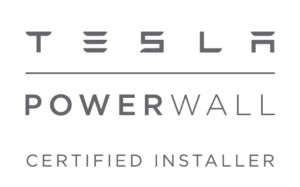Original Cape Cod Times Article Link
By Sarah Shemkus
sshemkus@capecodonline.com
January 11, 2011
Living with solar electricity is just like living with standard power sources, solar installer Luke Hinkle told the crowd at a Cape Cod Technology Council event last week. But there is one exception.
“You look forward to getting your electric bill,” he said.
And lately, an ever-increasing number of Massachusetts residents have gotten to experience that pleasant anticipation.
State and federal tax incentives have been encouraging the development of renewable energy projects for years. But more recently, new regulations issued by the state Department of Public Utilities have enabled the development of innovative business models for solar electricity.
“Progressive net metering regulations made this possible,” Hinkle said, speaking before approximately 40 attendees at the technology council’s monthly First Friday breakfast.
“Net metering” is a practice that essentially allows property owners who produce solar electricity to earn credits when they create more renewable energy than they use.
Regulations passed in June 2009 made a few small-but-important changes to net metering rules.
Previously, net metering could be used only on installations with capacities up to 60 kilowatts; now projects of up to two megawatts are eligible.
The rules also allowed customers who earn these credits to hold on them or to allocate them to other accounts.
One of the first projects to take advantage of these new rules was the solar installation at the Orleans Marketplace.
Hinkle’s company, Brewster-based MyGeneration Energy, erected the solar panels on the roof of the building owned by businessman Todd Thayer.
The installation, however, is owned by a separate company called Unutility Electric, which is made up of MyGeneration, Thayer and two private investors. The building’s tenants buy power from Unutility.
The 85-kilowatt system would not have been possible had the state regulations not made net metering rules applicable to larger projects, Hinkle said.
The installation launched in November, just weeks before the new regulations went into effect in December.
“We were full-speed ahead just as the gun went off,” Hinkle said. “Honestly, it was a huge risk.”
But, the project has been a success so far, he said, producing 21 percent more electricity than originally projected. He has now done two more installations with similar business models, at Anchor Self-Storage and Flagship Sun Self-Storage, both in Mashpee.
The company is also exploring a new model with its plans for community “solar gardens.”
“The philosophy is keep the investment local, keep the money here, create local jobs,” said Katherine Reynolds, a Brewster resident who is involved in plans to develop a community solar project in her town.
As currently envisioned, the installation would be
owned by private investors and built on land leased from the town. Local residents could then sign on as subscribers, buying a portion of their electricity from the solar garden at rates that would probably be similar to or lower than conventional electricity prices.
Of course, subscribers would not be physically plugged in to the solar installation. And, that’s where the new rules come into play.
The solar garden would pour all of its energy into the grid, accumulating credits for the power. These credits would then be allocated to subscribers, reducing their standard electric bill.
“If we can get this up and demonstrate to people that this is working “» we can do this all over the Cape,” said Reynolds, who is also an Unutility investor.
MyGeneration was one of two enterprises — and the only local one — to submit a proposal for a solar energy installation to the town. The proposal will, hopefully, be evaluated by the end of the month, Brewster Assistant Town Administrator Jillian Douglass said.
“We have always had a goal of including solar in our public facilities wherever possible,” she said. “Obviously, the state’s change in law for net metering is huge.”
Though the Orleans Marketplace project was one of the first local examples of these new business models, MyGeneration is not the only company to be exploring these approaches, Hinkle said.
“It’s the way things are moving,” he said.
For Reynolds, these new models offer more than just business opportunities.
“I am the grandmother of 10 children and I’m very concerned about the world they’re going to grow up in,” she said. “I may not be around, but by golly I’m going to do my part to see that it’s a cleaner, more beautiful world.”







